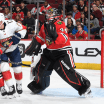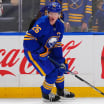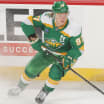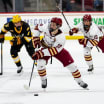DENVER -- The Colorado Avalanche's first Stanley Cup Playoff appearance since 2014 ended with a 5-0 loss to the Nashville Predators in Game 6 of the Western Conference First Round at Pepsi Center on Sunday.
"It's not the way you want to finish, that's for sure," Avalanche forward Gabriel Landeskog said. "But nonetheless I'm proud of this team. I'm sure it's a feel-good story from where we were 12 months ago to here. But you always want more and unless you win the last game of the season, I don't think you're ever going to be satisfied."
Avalanche beset by injuries in first-round loss to Predators
Losing Varlamov, Johnson, issues on power play too much to overcome
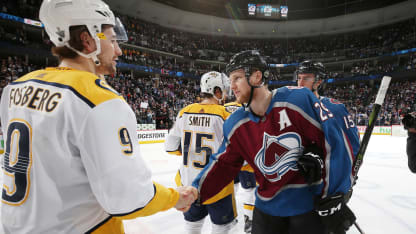
© Michael Martin/Getty Images
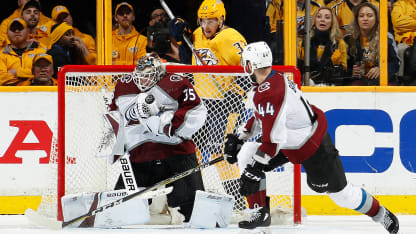
© John Russell/Getty Images
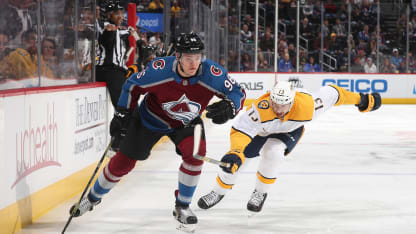
© Michael Martin/Getty Images










